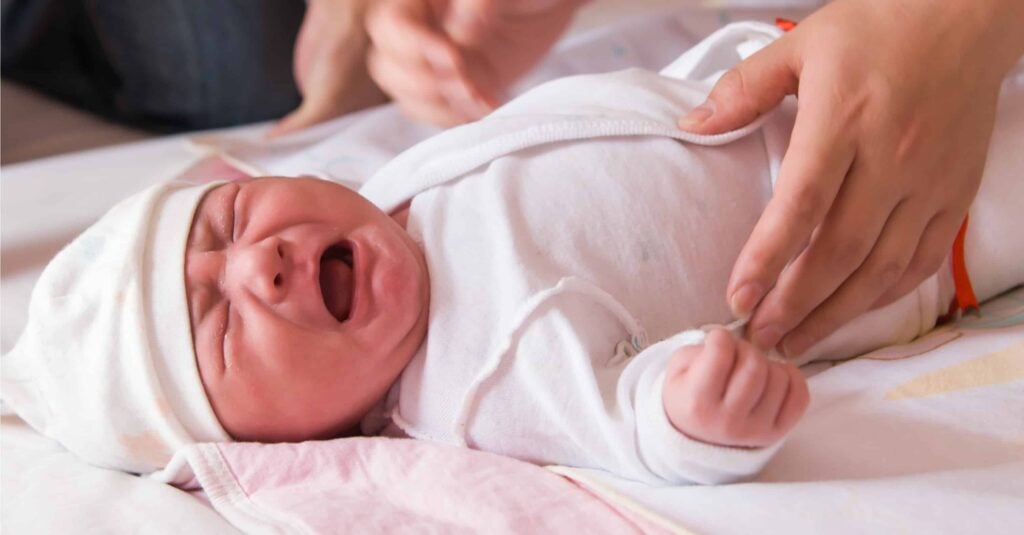Until the 1980s scientists believed that infants did not feel any pain because they did not fully develop pain receptors. They assumed that the reactions babies had to pokes and pricks were just muscular responses. But do infants actually feel pain?
Infants were long thought to not feel pain. They were routinely subjected to major procedures without anesthetic up until 1987 when newborn pain became legally recognized by physicians.
How Do Infants Feel Pain?
Before the 80s, physicians would conduct surgery on infants without anesthetics or any form of pain mediation because it was assumed that their pain receptors were not fully developed. Another reason was that physicians did not know how to gauge their pain and that certain medications would be dangerous to use at such a young age.
Today we are better informed. While infants cannot communicate their pain levels, scientists have developed several methods to figure out how they are feeling. A new study published in Current Biology shows how much we have underestimated the amount of pain an infant feels, especially when placed under a lot of stress. (Source: The Conversation)
Why Were Studies on Infant Pain Slow?
The main reason progress in studying infant pain was quite delayed was due to the fact that experts could not agree on a specific method for measuring infant pain. It wasn’t until the last few decades that scientists made efforts to apply better methods in detecting infant pain. The same method was also applied to determine the pain levels of individuals who are non-verbal or not able to communicate.
The first phase of the studies was done with animals back in the early 1980s. Through these studies, scientists were able to see the functional and structural connections within the nervous system that would trigger pain.
What they were not sure of was, if these same connections are sufficiently mature in infants for them to experience the same amount of pain adults do.
During this time, scientists also started exploring methods of determining different pain levels in infants. After a heel stick procedure is done, the change in physiological, hormonal, and behavioral aspects are measured accordingly. After extensive research, it was suggested that infant pain should be evaluated with a combination of different methods.
This eventually lead to the creation of different clinical pain scoring systems such as the Premature Infant Pain Profile. (Source: The Conversation)
Can Infant Pain Be Detected Neurologically?
One of the significant advancements started from the Fritzgerald Lab in the University College of London. Instead of focusing on physiological and behavioral reactions to determine the range of pain in an infant, they decided to take a look at a neurological point of view.
Researchers directly measured the activity of the brain cells that are responsible for pain sensation. Non-invasive procedures by the use of electromyography (EMG) and electroencephalography (EEG) were done to detect the electrical activity that is generated by the muscles and brain cells after pain has occurred.
The studies have confirmed that infants in fact do feel pain. However, depending on their experiences and age, the level of pain may differ. (Source: The Conversation)
